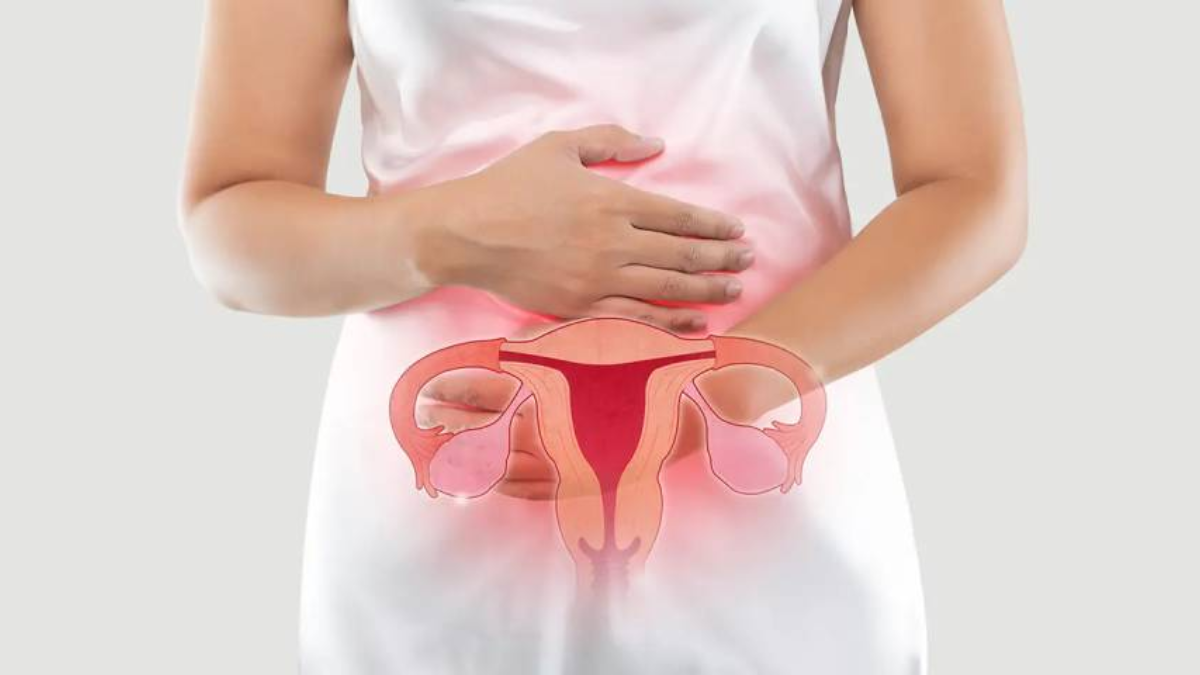
International Women's Day (IWD) is not just a celebration of achievements but also a reminder of the challenges that women continue to face in various spheres, including healthcare. One of the most pressing issues is the misdiagnosis of serious health conditions in women, leading to delayed treatment and worsened health outcomes. Studies suggest that women have a significantly higher chance of receiving an incorrect diagnosis compared to men, particularly for life-threatening conditions like heart disease and stroke. As we observe International Women's Day 2025, it is crucial to shed light on the health conditions most frequently overlooked in women and emphasize the importance of timely and accurate medical care.
Table of Content:-
Why Are Women More Likely to Be Misdiagnosed?
The misdiagnosis of women’s health conditions stems from various factors, including gender biases in medicine, differences in symptom presentation, and a lack of comprehensive research focusing on women’s health. Many diseases manifest differently in women than in men, and symptoms are often mistaken for stress, anxiety, or hormonal changes. Additionally, historical underrepresentation of women in clinical trials has resulted in medical guidelines that do not adequately address their unique health concerns.
Commonly Misdiagnosed Health Conditions in Women

Cardiovascular Diseases
Heart disease is the leading cause of death among women, yet its symptoms are frequently misinterpreted. Unlike men, who often experience classic chest pain during a heart attack, women may present with nausea, extreme fatigue, dizziness, jaw pain, or shortness of breath. These symptoms are sometimes dismissed as indigestion, anxiety, or even menopause-related discomfort, leading to dangerous delays in treatment. Women experiencing unusual or persistent symptoms should insist on a thorough cardiac evaluation.
Also Read: International Women’s Day 2025: Theme, History And Its Significance
Endometriosis
Endometriosis is a painful condition in which tissue similar to the uterine lining grows outside the uterus. Despite affecting millions of women, it is often misdiagnosed as regular menstrual cramps or irritable bowel syndrome. Many women suffer for years before receiving an accurate diagnosis. If period pain significantly interferes with daily life, seeking an evaluation from a specialist in gynecological conditions is essential.

Cancer
Certain cancers, such as ovarian and cervical cancer, are frequently misdiagnosed or diagnosed late. Early symptoms, such as bloating, back pain, and irregular menstrual cycles, may be attributed to gastrointestinal issues or hormonal imbalances. Because these signs can be subtle and progress slowly, women must be proactive in seeking medical attention if they notice persistent changes in their bodies. Regular screenings and self-awareness play a crucial role in early detection.
Also Read: Delhi Battles Worst H1N1 Swine Flu Outbreak In Years; Here’s How To Stay Safe
Neurological Disorders
Neurological conditions like migraines, multiple sclerosis, and even strokes are often overlooked in women. Migraines, which are more common in women, may be dismissed as minor headaches. Stroke symptoms—such as confusion, dizziness, or sudden weakness—are sometimes misdiagnosed as anxiety or vertigo. Women experiencing sudden or severe neurological symptoms should seek immediate medical attention and advocate for comprehensive testing.

Autoimmune Diseases
Autoimmune diseases, such as lupus, rheumatoid arthritis, and multiple sclerosis, disproportionately affect women. However, due to their vague and overlapping symptoms—including joint pain, fatigue, and skin rashes—many women struggle for years before receiving a correct diagnosis. These conditions are often mistaken for depression, stress, or normal aging. Consulting a rheumatologist or immunologist can help in obtaining an accurate diagnosis and early intervention.
How Women Can Advocate for Their Health
To combat the issue of misdiagnosis, women must take an active role in their healthcare. Here are some steps to ensure accurate diagnosis and proper treatment:
- Trust Your Instincts: If something feels off, don’t ignore it. Seek a second opinion if necessary.
- Document Symptoms: Keep a health journal to track symptoms, patterns, and any triggers.
- Ask Questions: Don’t hesitate to ask your doctor about alternative diagnoses and further testing.
- Prioritise Regular Checkups: Routine health screenings can help detect issues before they escalate.
- Seek Specialists When Needed: Consulting with experts in cardiology, neurology, or autoimmune diseases can lead to more precise diagnoses.
Bottomline
As we celebrate International Women’s Day 2025, it is essential to recognise the disparities that still exist in healthcare for women. Raising awareness about commonly misdiagnosed health conditions can empower women to advocate for their well-being and push for better medical research and practices. By ensuring that women receive accurate diagnoses and timely treatment, we take a significant step toward achieving true gender equality in healthcare.
How we keep this article up to date:
We work with experts and keep a close eye on the latest in health and wellness. Whenever there is a new research or helpful information, we update our articles with accurate and useful advice.
Current Version
